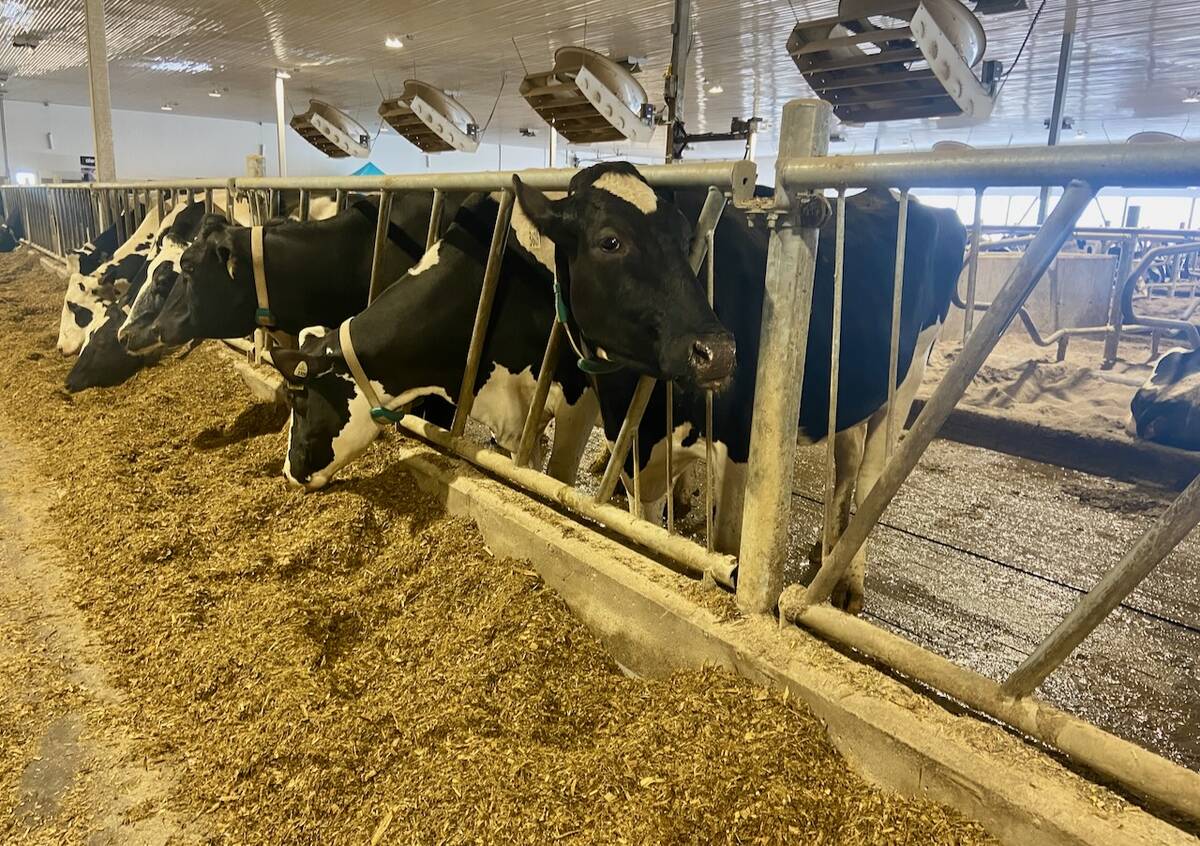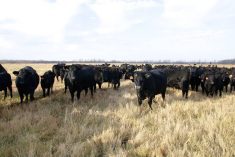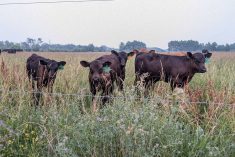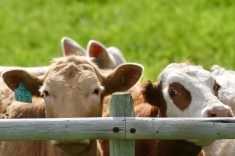RED DEER – Philosophers have long debated what it feels like to be a pig or a horse, but it is difficult for other branches of science to measure animal well-being.
Under European Union law, farm animals are recognized as sentient creatures that feel pain and are aware of their surroundings.
“Well-being is an aspiration for all sentient animals, including ourselves,” said John Webster of Britain’s University of Bristol, who is a founding member of the U.K. Farm Animal Welfare Council and the original proponent of the five freedoms for animals.
Read Also

U.S. farm group supports supply management
U.S. grassroots farm advocacy group pushing new agriculture legislation that would move towards supply management like Canada has for dairy industry
He spoke at the Alberta Farm Animal Care conference in Red Deer April 4. With more than 240 registrants, it is largest animal care conference in Canada.
“Animal welfare is value based and the fact that there are values involved leads to a lot of controversy on what is the right way to raise an animal,” said Ed Pajor of Purdue University, who sits on the McDonald’s Corp. animal welfare committee and recently completed a sabbatical at the World Animal Health Organization (OIE) in France.
The OIE has developed codes for the slaughter of animals for human consumption, transportation and the handling of wild, laboratory, farm and companion animals. Member countries aren’t required to adopt the standards.
Webster defined animal welfare as the physical and mental state of a sentient animal as it seeks to cope with environmental change and challenge at three levels:
- The reflex level is where animals respond to stimuli.
- Animals interpret incoming sensation and decide if it makes them feel good, bad or indifferent.
- Animals interpret incoming stimulation, which may involve a reasoned response.
Suffering occurs when an animal cannot cope or has difficulty coping with unpleasant feelings. That could lead to exhaustion, injury, chronic pain, malaise, feeling ill, chronic anxiety or apathy, but doesn’t include frustration. The level of suffering is not proportional to intelligence.
Considering that, Webster suggests a new approach is needed to measure stress in animals, such as what they experience during transport.
Fear helps an animal stay alive when faced by threat. It leads animals to avoid the threat and is also an educational experience. Animals remember situations that cause fear.
Therefore, if animals are transported well, chances are they will transport more easily in the future. If the animal discovers it cannot cope, the experience teaches it more fear.
Pain is a subjective, physical and emotional experience. Chronic pain affects emotional health.















